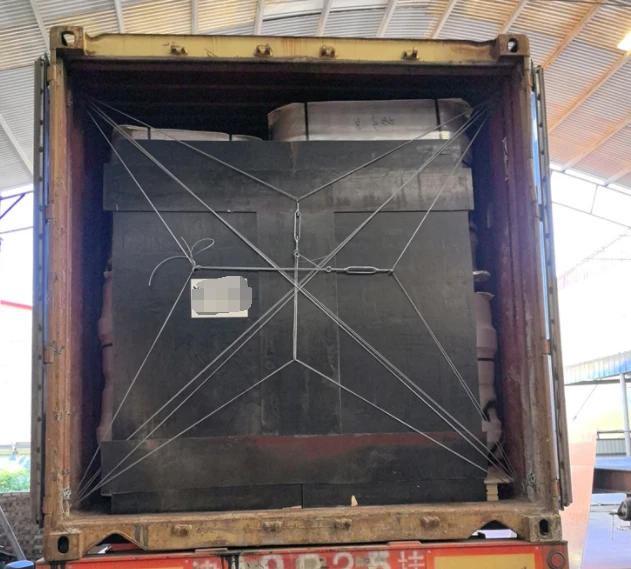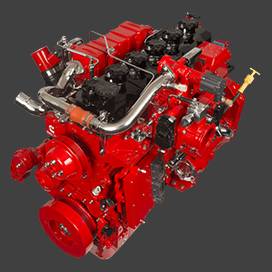2 月 . 16, 2025 07:55 Back to list
rear brake drum scraping noise
Rear brake drum scraping noise is a common issue experienced by vehicle owners, often leading to concerns about the safety and functionality of their braking system. Recognizing these noises early can save time, maintenance costs, and ensure safety. This article delves into the causes of scraping noises in rear brake drums, potential solutions, and preventive measures to maintain optimal braking performance.
Additionally, the presence of rust on the drum surface can create scraping noises. This is particularly an issue in regions with high humidity or vehicles that remain unused for extended periods. Rust can interfere with the smooth operation of the brake drum system, leading to noise and reduced braking performance. To resolve scraping noises in rear brake drums, a series of steps should be taken. Begin by having a thorough inspection performed by a certified automotive technician. They will likely start by measuring the thickness of the brake shoe lining and the condition of the drum. Should the shoe lining be below the manufacturer’s minimum specification, replacing the shoes will be necessary. Cleaning the drum and shoe surfaces with brake cleaner ensures that no external debris or dust is causing the issue. Additionally, checking for rust and removing it can be done with specific automotive tools, though severe rusting may require component replacement to restore full functionality. For misalignment, a comprehensive adjustment of the brakes is essential. A professional should address this, ensuring that all components meet the manufacturer’s specifications. When dealing with warped drums, depending on the severity, a machine shop can resurface the drum, or a complete replacement may be necessary for severe warping or deep grooves. Preventive measures play a crucial role in ensuring the longevity of the rear brake drum system and preventing scraping noises. Regularly having your vehicle inspected as per the maintenance schedule prevents minor issues from escalating. Additionally, adopting moderate driving habits, such as avoiding excessive braking or high speeds, can reduce the risk of overheating, which often leads to warping. After driving in wet conditions, drying the brakes by gently applying them can help prevent rust build-up on the drum surfaces. In conclusion, scraping noises in the rear brake drum signify underlying issues that need immediate attention to maintain vehicle safety and performance. Through diligent maintenance, professional inspections, and prudent driving, one can mitigate these issues effectively. Prioritizing these practices ensures the braking system remains reliable, granting peace of mind to drivers.


Additionally, the presence of rust on the drum surface can create scraping noises. This is particularly an issue in regions with high humidity or vehicles that remain unused for extended periods. Rust can interfere with the smooth operation of the brake drum system, leading to noise and reduced braking performance. To resolve scraping noises in rear brake drums, a series of steps should be taken. Begin by having a thorough inspection performed by a certified automotive technician. They will likely start by measuring the thickness of the brake shoe lining and the condition of the drum. Should the shoe lining be below the manufacturer’s minimum specification, replacing the shoes will be necessary. Cleaning the drum and shoe surfaces with brake cleaner ensures that no external debris or dust is causing the issue. Additionally, checking for rust and removing it can be done with specific automotive tools, though severe rusting may require component replacement to restore full functionality. For misalignment, a comprehensive adjustment of the brakes is essential. A professional should address this, ensuring that all components meet the manufacturer’s specifications. When dealing with warped drums, depending on the severity, a machine shop can resurface the drum, or a complete replacement may be necessary for severe warping or deep grooves. Preventive measures play a crucial role in ensuring the longevity of the rear brake drum system and preventing scraping noises. Regularly having your vehicle inspected as per the maintenance schedule prevents minor issues from escalating. Additionally, adopting moderate driving habits, such as avoiding excessive braking or high speeds, can reduce the risk of overheating, which often leads to warping. After driving in wet conditions, drying the brakes by gently applying them can help prevent rust build-up on the drum surfaces. In conclusion, scraping noises in the rear brake drum signify underlying issues that need immediate attention to maintain vehicle safety and performance. Through diligent maintenance, professional inspections, and prudent driving, one can mitigate these issues effectively. Prioritizing these practices ensures the braking system remains reliable, granting peace of mind to drivers.
Latest news
-
Brake Drum for Kamaz Trucks Durable OEM Replacement & High Performance
NewsMay.30,2025
-
Brake Drum Man High-Quality Drum Brake & Shoe Solutions
NewsMay.30,2025
-
High-Performance Brake Drum for Kamaz Trucks Durable Drum Brake Components
NewsMay.29,2025
-
Brake Drum Man High-Quality Drum Brake Drums & Brake Shoes
NewsMay.29,2025
-
Brake Drum MAZ High-Performance & Durable Replacement Parts
NewsMay.29,2025
-
heavy truck brake drums
NewsMar.07,2025
